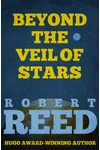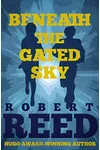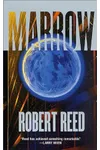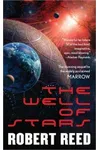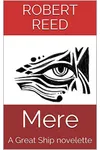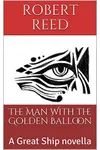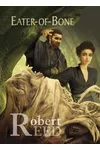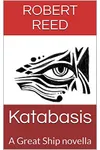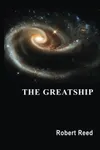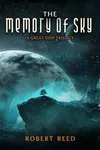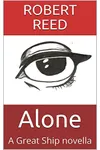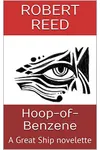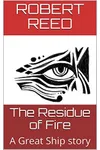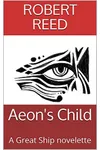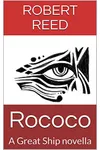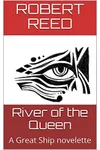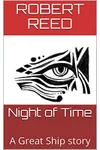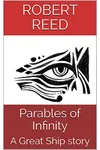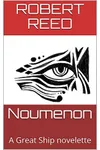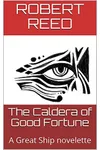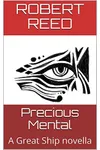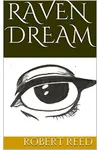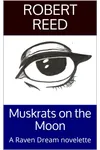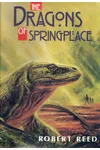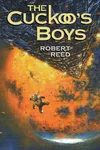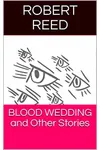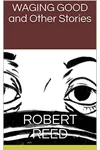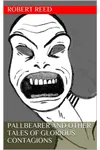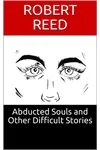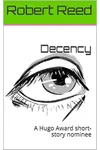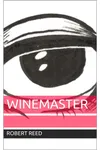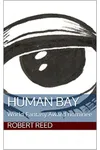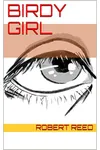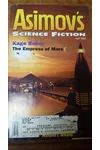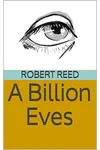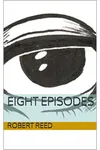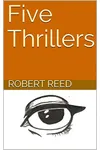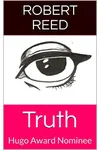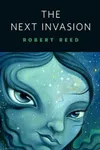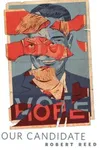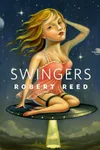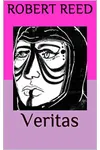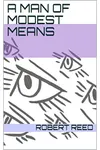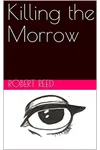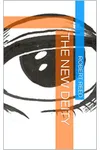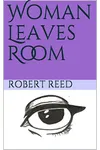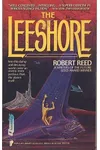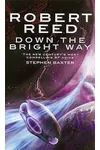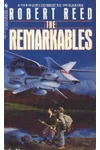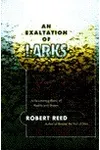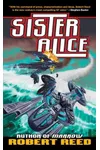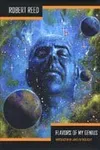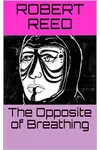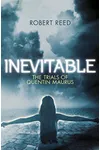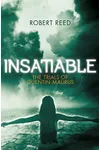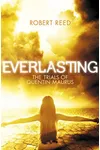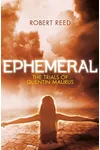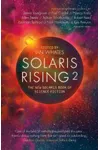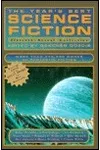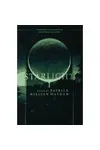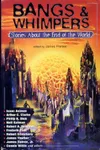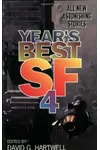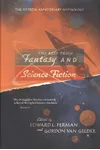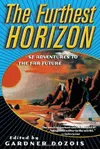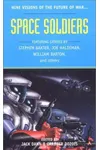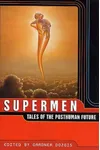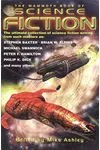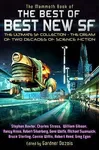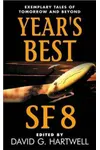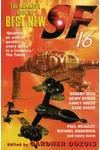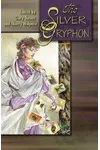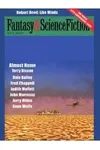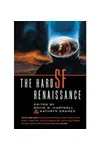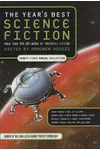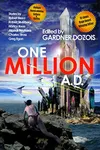Picture a storyteller who crafts universes so vast they dwarf planets, weaving tales of immortal humans and alien megastructures—meet Robert Reed! Born in Omaha, Nebraska, in 1956, this Hugo Award-winning science fiction author has captivated readers with nearly 300 stories and a dozen novels, blending hard science with deeply human narratives. His prolific career, marked by intricate worlds and loner protagonists, has made him a quiet giant in sci-fi.
Reed’s work, often published in Asimov’s Science Fiction and Fantasy & Science Fiction, explores themes of entropy, identity, and cosmic wonder. With a knack for turning complex physics into gripping stories, he’s earned a devoted following. Ready to dive into his universe? Let’s explore the life and legacy of this Nebraska visionary.
The Making of Robert Reed
Robert David Reed grew up in Omaha, near the Strategic Air Command, a setting that sparked his sense of a world teetering on the edge. Armed with a Bachelor of Science in Biology from Nebraska Wesleyan University in 1978, Reed’s scientific grounding shaped his meticulous storytelling. Before writing full-time, he worked as a lab technician and at Mapes Industries in Lincoln, but his imagination demanded more. In 1986, his story 'Mudpuppies,' written under the pseudonym Robert Touzalin, won the Writers of the Future Grand Prize, launching his career. By 1987, he was a full-time writer, nominated for the John W. Campbell Award for Best New Writer.
Robert Reed’s Unforgettable Stories
Reed’s bibliography is a treasure trove of speculative fiction, with his Great Ship series standing out as a fan favorite. Marrow (2000) introduces a Jupiter-sized starship housing countless alien species, blending adventure with existential questions. Its sequel, The Well of Stars (2004), expands this universe, showcasing Reed’s ability to balance grand-scale space opera with intimate character studies. His novella 'A Billion Eves' (2006) won the 2007 Hugo Award, imagining parallel worlds created by quantum 'rippers,' exploring morality and human nature.
Reed’s style is a unique mix of hard science fiction and literary depth. His protagonists, often loners in unforgiving worlds, navigate intricate plots laced with dry humor and grim realism. Works like The Hormone Jungle (1988) paint cyberpunk-inspired futures, while Down the Bright Way (1991) tackles interdimensional travel with a biologist’s precision. His short stories, appearing in anthologies like The Year’s Best Science Fiction, showcase his versatility, from intimate vignettes to sprawling epics.
What sets Reed apart is his refusal to chase a 'brand.' His tales span universes, with no predictable endings, earning praise for their technical variety and emotional resonance. Critics compare him to Robert Silverberg and Gene Wolfe for his cerebral yet accessible prose, though his focus on short fiction has kept him from mainstream fame.
Why Robert Reed Matters
Robert Reed’s impact lies in his ability to make the cosmic feel personal. His Great Ship universe has inspired a cult following, with fans marveling at its imaginative scope. By blending rigorous science with philosophical depth, he challenges readers to ponder humanity’s place in the universe. His prolific output—nearly 300 stories—has enriched sci-fi magazines, earning him a record for the most contributions to Asimov’s Science Fiction.
Despite never reaching the 'upper tier' of fame, Reed’s influence endures through his storytelling craft. His work, often grim yet hopeful, reflects a world where resilience prevails. As he continues to publish novellas and digitize older stories, Reed remains a vital voice in speculative fiction, proving that great stories don’t need a spotlight to shine.
- Born: October 9, 1956, Omaha, Nebraska
- Key Works: Marrow, The Well of Stars, 'A Billion Eves'
- Awards: Hugo Award (2007), Writers of the Future Grand Prize (1986)
- Notable: Holds the record for most stories published in Asimov’s Science Fiction
Snag Marrow or dive into Reed’s short stories on Kindle to explore his mind-bending sci-fi worlds. Trust us, your imagination will thank you!
